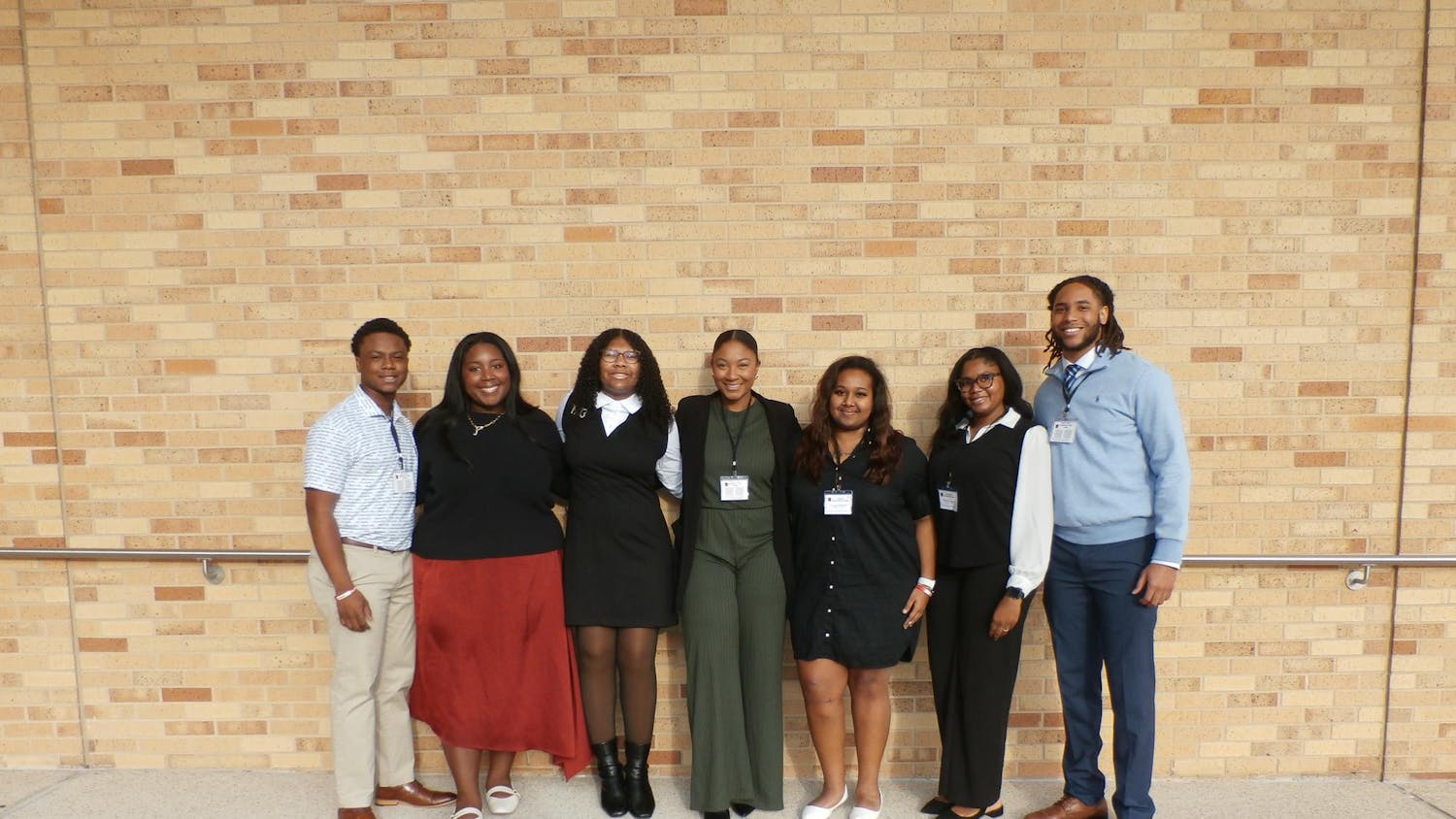A car's GPS is primarily known for getting one from point "A" to point "B," but it may be able to make sure one gets there alive.
Ford Motor Company is working with Auburn's Department of Mechanical Engineering to develop a system linking positioning satellites to a car's stability controls.
"Basically, Ford has a URP program where they select universities to work with them on partnerships," said David Bevly, professor of Auburn's GPS and vehicle dynamics laboratory. "They wanted to see how they could integrate the current systems on their vehicles and they called us to see if we could come up with better algorithms for stability."
The program is financed by a $120,000 grant from Ford, part of a $4 million total investment for 2009.
The satellites' ability to detect the precise speed, sideslip and inertial measurements of a vehicle will enable the stability system to prevent incidents such as rollovers.
The measurement and correction of a car's skid, even at minimal levels, will be used to prevent larger-scale deviations from the road if the driver were to temporarily lose focus.
"A satellite orbiting the Earth could someday prevent an auto accident," said Gerhard Schmidt, Ford's chief technical officer and vice president for research and advanced engineering. "We applaud the Auburn team for these advancements and look forward to working together on the next phase of this research, including developing prototype vehicles."
Though the research was presented last week at the Institute of Electrical and Electronics Engineers' International Conference on Systems, Man and Cybernetics in San Antonio, Texas, it is unclear how long it will be before these systems are available on the market.
"We're in year two of our partnership with Ford," Bevly said. "The research takes a long time, and it's not exactly up to us when the technology is implemented. It's up to Ford to integrate it into vehicles, and that time line is sometimes quite long."
It will likely be several years before a usable prototype is produced.
Ford executives are confident the steps being taken at Auburn will significantly shape how the cars of the future are produced.
"Stability control is one of the most important safety technologies of this decade," said Jeff Rupp, manager of Ford Active Safety Systems Engineering. "Ford is committed to safety leadership, and research partnerships like our work with Auburn help us achieve success."
Do you like this story? The Plainsman doesn't accept money from tuition or student fees, and we don't charge a subscription fee. But you can donate to support The Plainsman.




